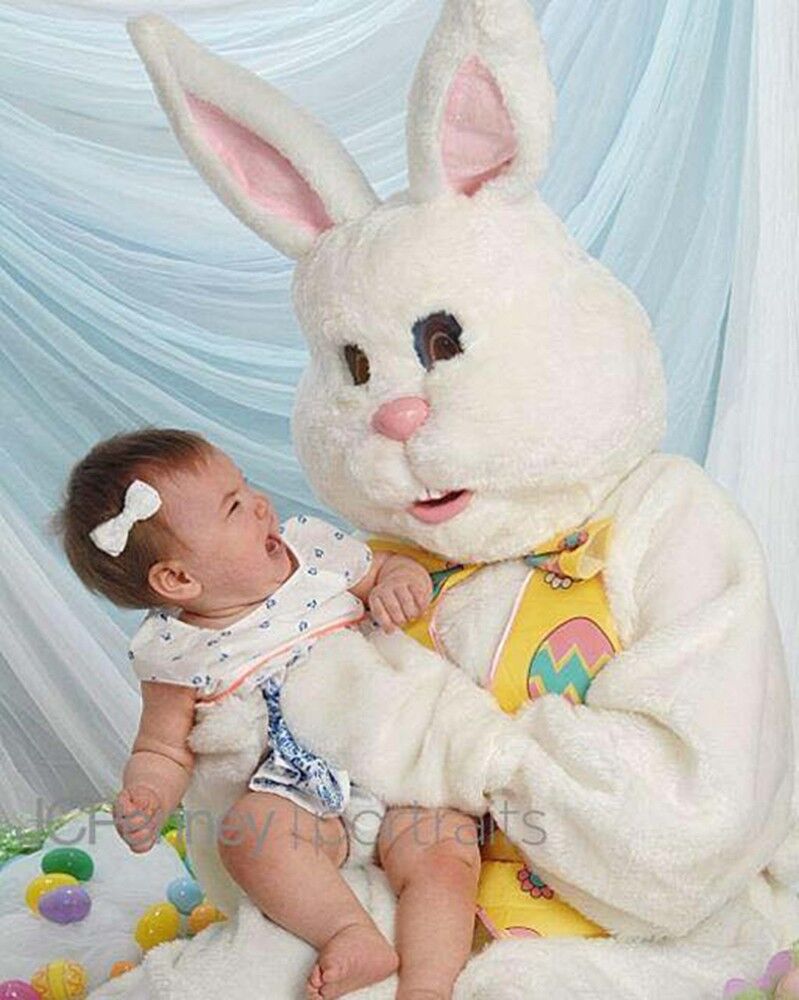
Parents should stop lying to kids about the Easter Bunny, Santa, and the Tooth Fairy
By Jessica Berget, Opinions Editor
Do you remember how old you were when you realized that Santa, the Easter Bunny, and the Tooth Fairy were not real, and that your parents were liars? I do.
Easter is coming up at the end of the month, which means the annual tradition of parents lying to their kids about the existence of a rabbit who ensures they’re on their best behaviour all year and then rewards them by hiding chocolate in their house is upon us yet again. I remember these times as a child well, but I also remember the disillusionment of finding out that none of the fantastical characters I believed in so fiercely were real, which makes me wonder, is it worth lying about?
I was eight years old when I decided to stay up late on Christmas Eve to find out for myself if Santa was real or not. When I saw my mom putting presents under the Christmas tree, I was crushed. I thought if she was lying about this, what else could she be lying about? It didn’t take me long to figure out that she was probably lying about the Easter Bunny and the Tooth Fairy as well, which disappointed me even further.
Of course, a little white lie never hurt anyone; lying is justified in some cases, but to lie about something so insignificant as the existence of a magical being that you know is not real for so long, knowing your kids are eventually going to discover the truth anyway, is outrageous to me. I can’t help but think that lying to your child about anything from a young age will only forge distrust between a child and their parent.
In fact, in one study this has proven to be true. In an article published by Lancet Psychiatry, psychologists Kathy McKay and Chris Boyle suggest that lying to kids, even about something as fun as the Easter Bunny or Santa Claus, could undermine their trust in their parents, and lead them to “abject disappointment” when they finally discover that it’s not real.
Some parents claim that telling children about the existence of these characters gives them a better sense of imagination. However, I would argue that passing on the tradition of telling your kids that all their gifts are from a fictional character who watches their every move is only going to limit their imaginations more, and probably freak them out. You are telling them what to believe, instead of them deciding for themselves what they want to believe.
Kids are smarter than some people give them credit for. I think if you were to ask where they think their gifts come from or telling them that some people believe in Santa and the Tooth Fairy and whatnot, instead of passing on an old story that has been told for generations as a fact, it would allow them to broaden their imagination and teach them to be more critical in their thinking.
Some parents have taken the higher road on the Santa, Easter Bunny, Tooth Fairy debate. Instead of telling them whether they’re real or not real, they tell their kids that it’s just a story—or, when they’re a little older—a metaphor. This allows them to still experience the fantasy-like wonder of the holidays and the world without outright lying to them.
As fun as it is to believe in these characters when you’re young, I don’t think risking your child’s trust is worth such a big, white lie. There are other ways to experience childhood whimsy without lying to your kids about imaginary beings.

